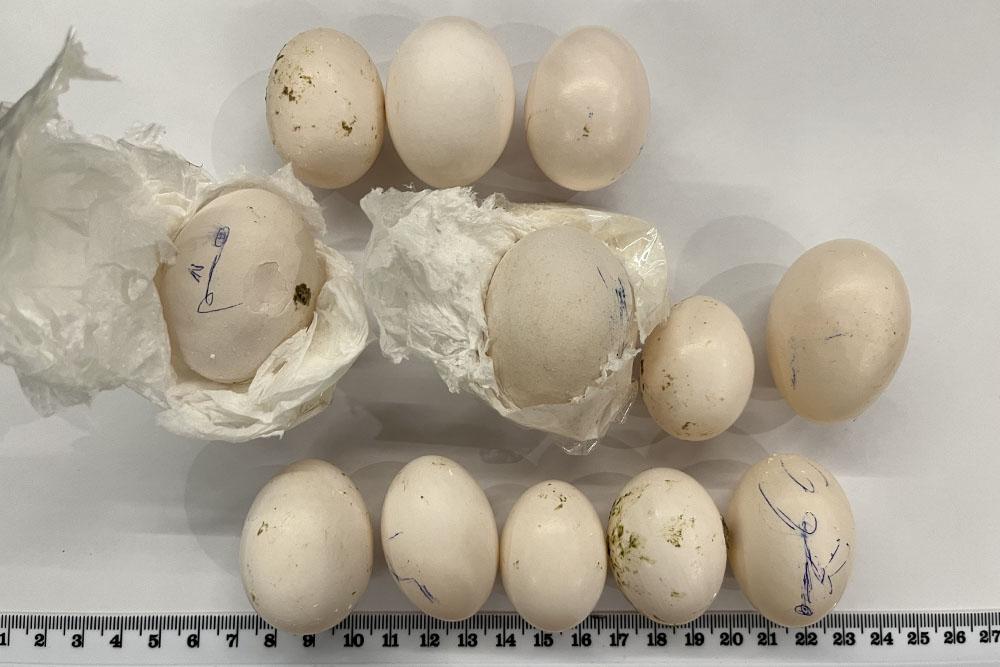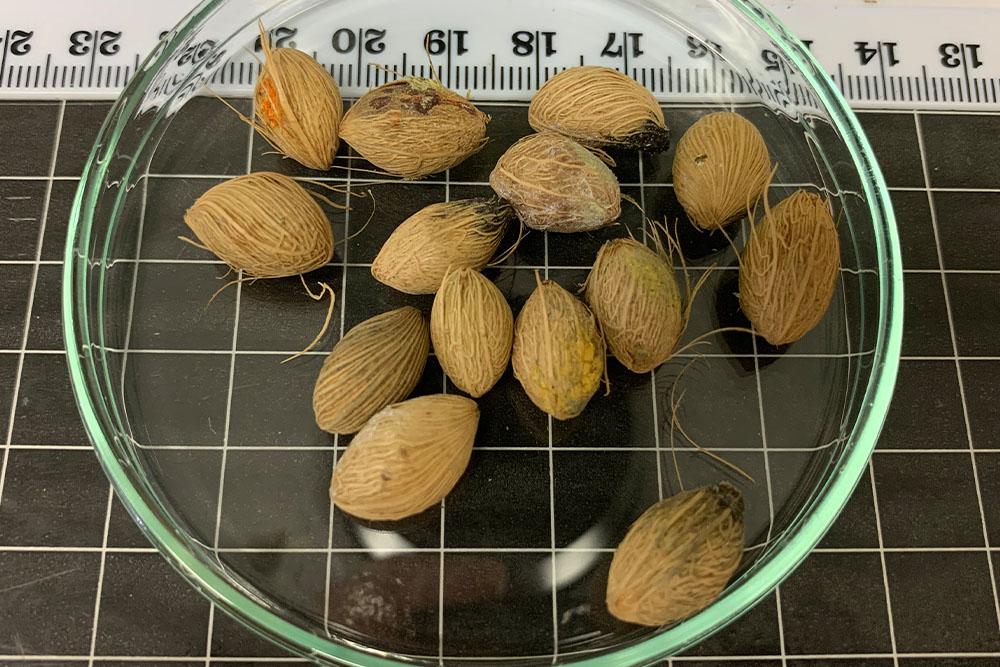An exciting partnership has started between the department and the Australian Maritime Security Authority to undertake a maritime recycling risk assessment trial (MRRAT).
The MRRAT will run until June 2024 and will include international cruise vessels, some commercial vessels and select ports around Australia that are first points of entry for waste.
The aim of the MRRAT is to understand the biosecurity risks of selected waste that will be recycled from maritime vessels. We’ll assess the biosecurity risks of these recyclable materials and use this to see if some waste materials are safe for recycling or, if they must be treated or deep buried.
It’s hoped the MRRAT will help reduce the volume of biosecurity low-risk garbage sent to landfill. It will also improve the environmental sustainability of shipping and port operations.
During the trial, participating vessels will follow a strict cleaning and segregating regime and present certain types of waste materials for recycling. If the waste is segregated and free from biological material, the biosecurity officer will release it for recycling. For example, they will check for dairy products in soft plastics and fruit in bottles.
The types of waste that will be recycled in the trial include:
- hard plastics bottles/jars including drink containers and food storage containers
- aluminium, steel and tin cans
- paper and cardboard that have not been in contact with fruit and/or vegetables
- glass bottles and jars.
Once the trial ends, the department will conduct risk assessments to set the acceptable level of protection for these recyclables.
If you are a Port or Shipping Operator and would like to participate in the Maritime Recycling risk assessment outcomes, please go to the department’s website and Have Your Say on the Maritime Recycling Project The Maritime Recycling Project | Have Your Say - Agriculture, Fisheries and Forestry
For more information email the team at conveyance.maritime@aff.gov.au.



